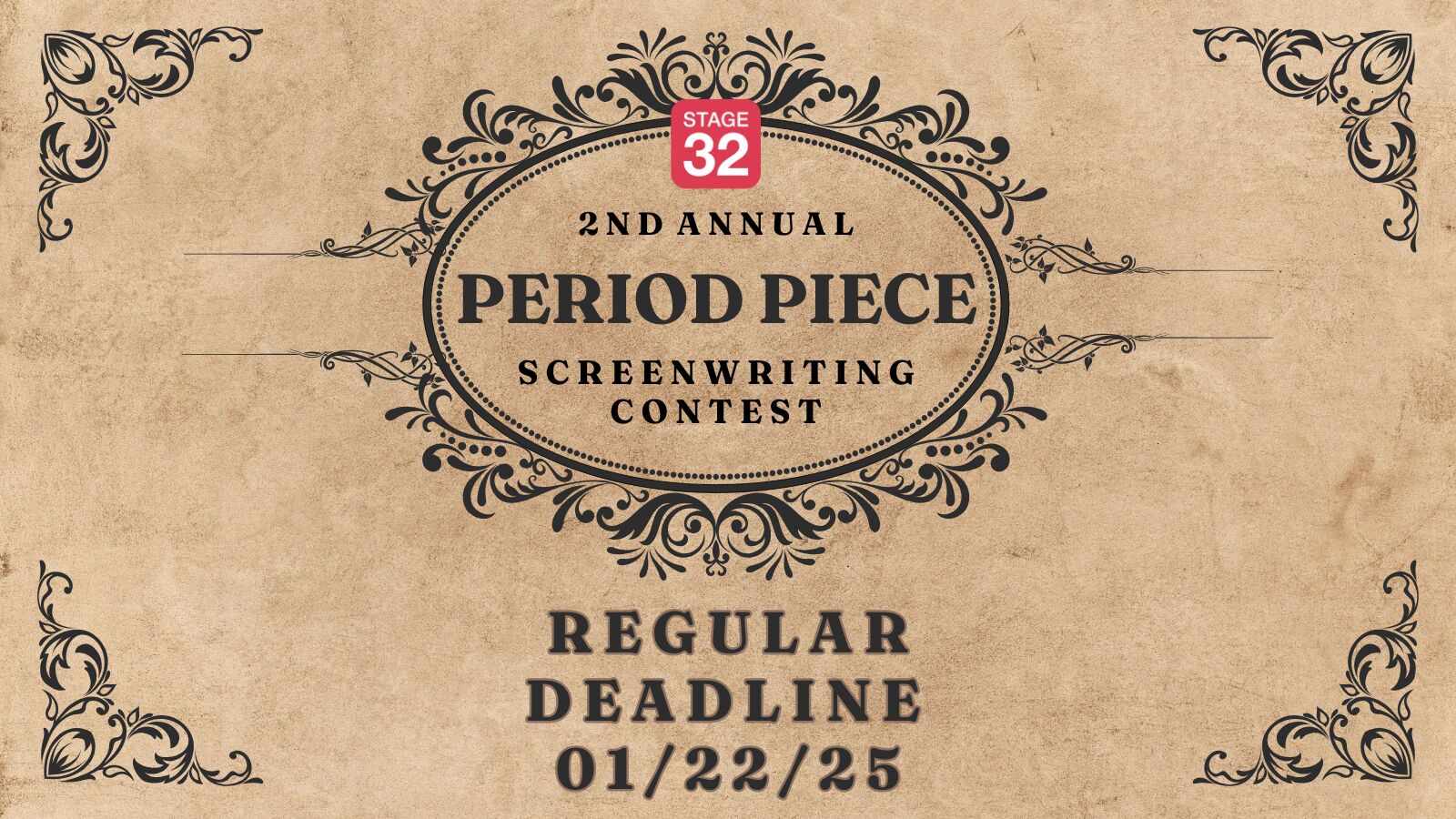How about something 'controversial' - instead of looking for composer posts or composers looking for filmmaker posts. (I want to change 'venues' - tired of the "Film Composers United" group on Facebook.) So I constantly see (including here), a composer providing credentials which include composing or playing/performing since the age of xxx (4, 5, 6, 10, whatever). So why is age at start or even longevity important? I didn't start professionally until I was 52 (I did play in a rock band in high school and college but that is totally irrelevant IMHO). And on the flip side, yes - I have taken all the 'typical' academic courses for music major and have been studying privately for 10 years but I have not nor do I have the intentions of going for a degree. I rarely even mention my academic background or who I study under (except in my IMDB bio currently). In fact my masters and doctoral work were in a scientific endeavor. When I listen to music in film or even in a concert, I rarely care or know the age of the composer/songwriter or whether they have a degree. Its about the music. Plain and simple. Now that will get some people's blood boiling here I guess :) Joel



I would assume that the longevity goes to the depth of performance - compositional experience. The longer one has a chance to hone and perfect, correct and develop discretionary professional judgement in relation to compositional choices. That would be my guess. I don't think that starting late is a bad thing - my composition teacher at university started in his forties - but I think that the younger you start the more time you have in a limited lifetime to practise the craft, technique and enjoyment of composition.
Yet you mention that you have been studying privately for 10 years. And you mention who you studied with in you IMDb bio. So at some level you understand that these things do come into play. When I listen to music in film or a concert, I don't care at all if the composer/songwriter has a degree or their age. However, as a producer I know that unless one is a musical progeny , a composer with a few years of experience is likely to know a bit more than a 14 year old with a guitar. I never care about who they studied with or if they have a degree, but I do take experience and longevity into consideration. I'm going to suggest that you are better today than you were 10 years ago.
Marcus - wouldn't use the term 'better' - perhaps 'different' or 'maturing' - everyone grows musically at a different rate. I shared things here that I don't mention at all when I put my music out there.
Not just music, but experience makes a difference in all facets of the business. I started in graphics and film at an early age, 8. But my start in music came later in a stage play where I was tasked with dancing, acting and playing percussion. It helped me to recognize the connections between all the creative arts and how they need to work together for a final product. I think degrees are a matter of preference for professional and security reasons, but I caution against putting too much emphasis on degrees.
Nine times out of ten, experience/resume is everything.
. . . verifiable experience and resume entries. The type of experience matters as well; someone with only corporate experience usually is at a deficit when asked to work on a dramatic film.
I have a fear of being pigeon -holed. I cannot imagine dismissing a composer with only corporate experience because they "usually" have a deficit when asked to work on a dramatic film. So Joel, you do not feel you are a better composer now than you were 10 years ago? Only different?
D, don't be paranoid bro. Each discipline has it's peculiarities and advantages; corporate video folks usually have more knowledge of AV and staging, so depending on the project it could be an advantage. A savvy producer knows what to look for and characterizing your experience so it presents an advantage is the point being made here.
Marcus - I want to believe I am more sophisticated and diverse. Everything else is subjective, I suppose. I believe my best work could have been "Roberta Through The Years", a full 8 minute orchestral work I did in 4 days for my wife's surprise 60th birthday party slideshow (www.icompositions.com/music/song.php?sid=186073) but that was a very 'personal' piece. A more recent piece "Elegantia" received 8 awards last year though a much smaller ensemble (5 instruments) (http://youtu.be/jXfajMVeT54). On the other hand, I am still refreshing material I wrote in 2002 and 2003 before I started taking music classes (such as the latin piece I sent to a band this morning who will be playing it sometime soon). Bottom line is I find it really difficult to judge my works - either in film or the ones performed live. I look to others to do that for me. This past Monday night, I was wonderfully impressed with a 'reading' of a lead sheet I did for a jazz standard called "Don't Misunderstand". Or check out the big band arrangement I had played of the pop standard "Topsy" (which is here). Point is - the stuff I really like of mine may or may not be my best material. I have no clue whether the newer stuff is better than the oldest stuff.
1 person likes this
Art is constantly evolving, so 'finished' is a relative term especially when you consider the amount of sampling, influences and imitation that occurs. Some of it is good, some is bad, and some of it moves the art forward - and every shade in between.
Very "correct", Joel. I know I'm better today than I was 10 years ago. And I was better 10 years ago than I was 10 years prior to that.